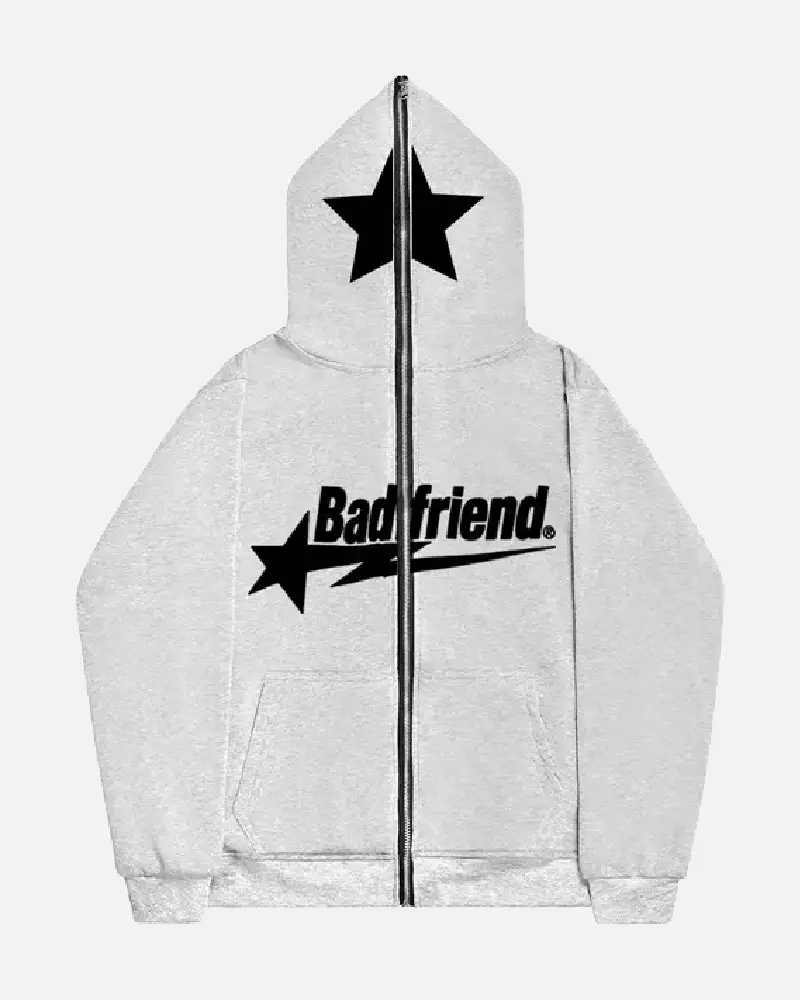
Friendship is one of the most valuable relationships in life. A good friend can uplift, support, and guide us through the ups and downs of life. However, not all friendships are healthy, and sometimes, the people we consider friends may turn out to be sources of stress, negativity, and emotional exhaustion. A bad friend can be more harmful than having no friend at all. Recognizing the signs of a toxic friendship and taking the necessary steps to distance oneself from it is essential for emotional well-being.
The Signs of a Bad Friend
1. They Are Always Self-Centered
A bad friend is often self-absorbed, always prioritizing their own needs and desires over yours. They may talk endlessly about their problems, successes, or interests but show little interest in your life. Conversations with them often feel one-sided, making you feel invisible or unimportant.
2. They Are Unreliable
A good friendship is built on trust and dependability. A bad friend frequently cancels plans at the last minute, forgets important dates, or is simply not there when you need them the most. If you constantly feel like you can’t count on your friend, it’s a clear sign that the friendship may not be genuine.
3. They Manipulate and Control
Toxic friends often use manipulation to get what they want. They may guilt-trip you into doing things you’re uncomfortable with or make you feel bad for not meeting their expectations. These types of friends seek to control your actions and decisions, often making you feel trapped.
4. They Are Always Negative
A bad friend may constantly criticize you, making negative remarks about your appearance, choices, or ambitions. Instead of offering constructive feedback, they belittle you, making you feel inadequate. Such negativity can lower your self-esteem and hinder personal growth.
5. They Are Jealous and Competitive
Friendship should be about mutual support and encouragement. However, some bad friends feel threatened by your achievements and may become jealous or competitive. Instead of celebrating your successes, they downplay them or try to overshadow you. This kind of toxic behavior can create unnecessary tension in the friendship.
6. They Gossip About You
A true friend protects your secrets and respects your privacy. A bad friend, on the other hand, may spread rumors or talk behind your back. If you hear that a friend has been sharing your personal matters with others, it’s a sign that they don’t respect or value your trust.
7. They Only Reach Out When They Need Something
A bad friend will often disappear when you need them but will suddenly resurface when they need a favor. If someone only contacts you when they want something—be it money, help, or emotional support—without ever reciprocating, they are not a real friend.
The Emotional Toll of a Bad Friendship
Having a Badfriend Jeanshttps://badfriends.us/jeans/ can be emotionally draining. Their constant negativity, unreliability, and selfishness can leave you feeling unappreciated and disrespected. Over time, a toxic friendship can cause stress, anxiety, and even depression. You may find yourself second-guessing your self-worth or feeling guilty for wanting to walk away. It is crucial to recognize that no friendship is worth sacrificing your peace of mind.
How to Deal with a Bad Friend
1. Set Boundaries
If you suspect that a friend is toxic, start by setting clear boundaries. Let them know what behavior is unacceptable and what you will no longer tolerate. If they respect you, they will make an effort to change their ways. If they don’t, it’s a sign that they were never a true friend.
2. Limit Your Interactions
If cutting ties immediately isn’t an option, try limiting the amount of time you spend with them. Gradually reducing communication and distancing yourself can help ease the transition without unnecessary drama.
3. Communicate Your Feelings
Sometimes, people don’t realize they are being bad friends. If you feel comfortable, have an honest conversation with them about how their behavior affects you. A true friend will listen and make an effort to improve, while a bad friend will likely dismiss your concerns.
4. Walk Away When Necessary
Some friendships cannot be saved. If a friend continuously disrespects, manipulates, or drains you, the best option is to walk away. Ending a friendship can be painful, but staying in a toxic relationship can be even more damaging.
5. Surround Yourself with Positive People
The best way to heal from a toxic friendship is to surround yourself with people who genuinely care about you. Seek friends who uplift, inspire, and support you. Positive friendships will help rebuild your confidence and remind you of your worth.
Conclusion
Friendships should bring joy, support, and companionship, not stress and emotional exhaustion. Recognizing a bad friend and taking steps to protect yourself is essential for your mental and emotional well-being. While it can be challenging to let go of a long-standing friendship, sometimes it is necessary to create space for healthier and more fulfilling relationships. Always remember: a true friend will respect, value, and uplift you. If someone consistently does the opposite, they are not worth keeping in your life.